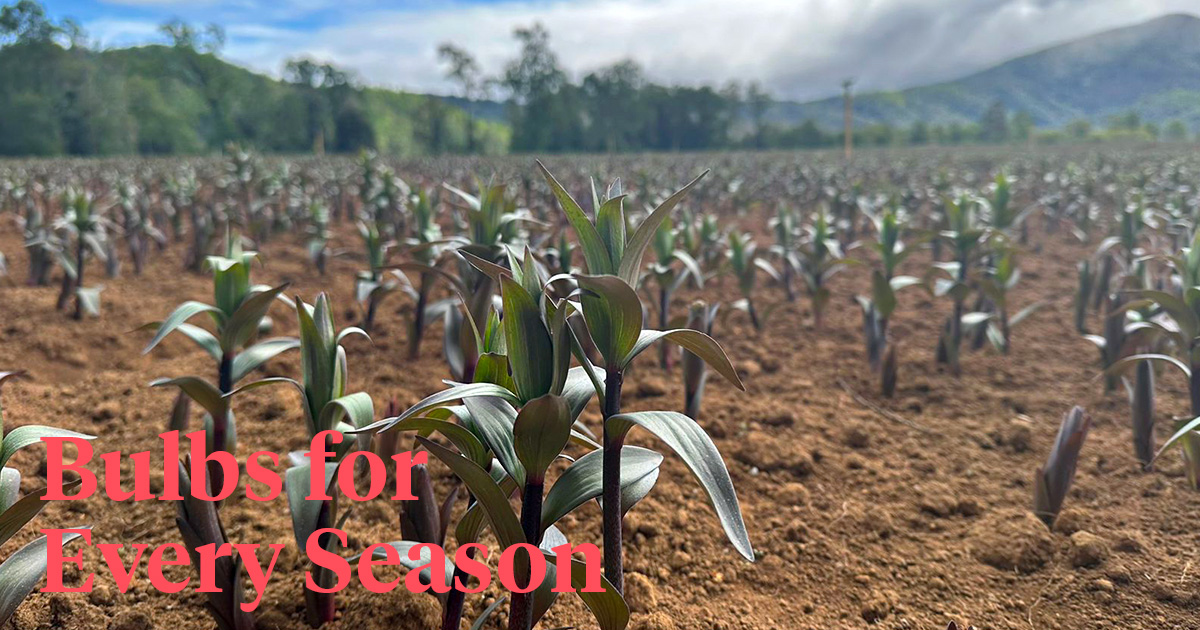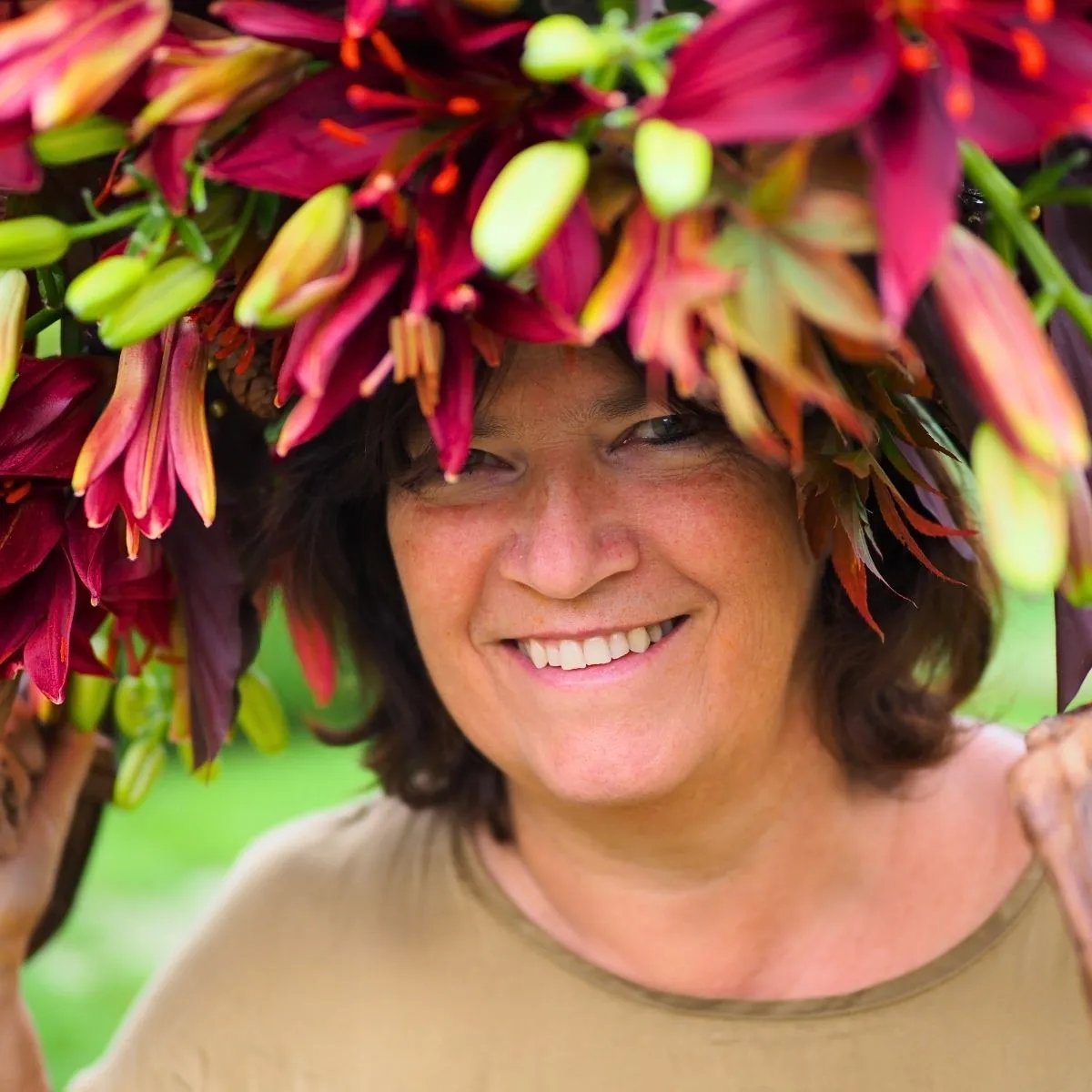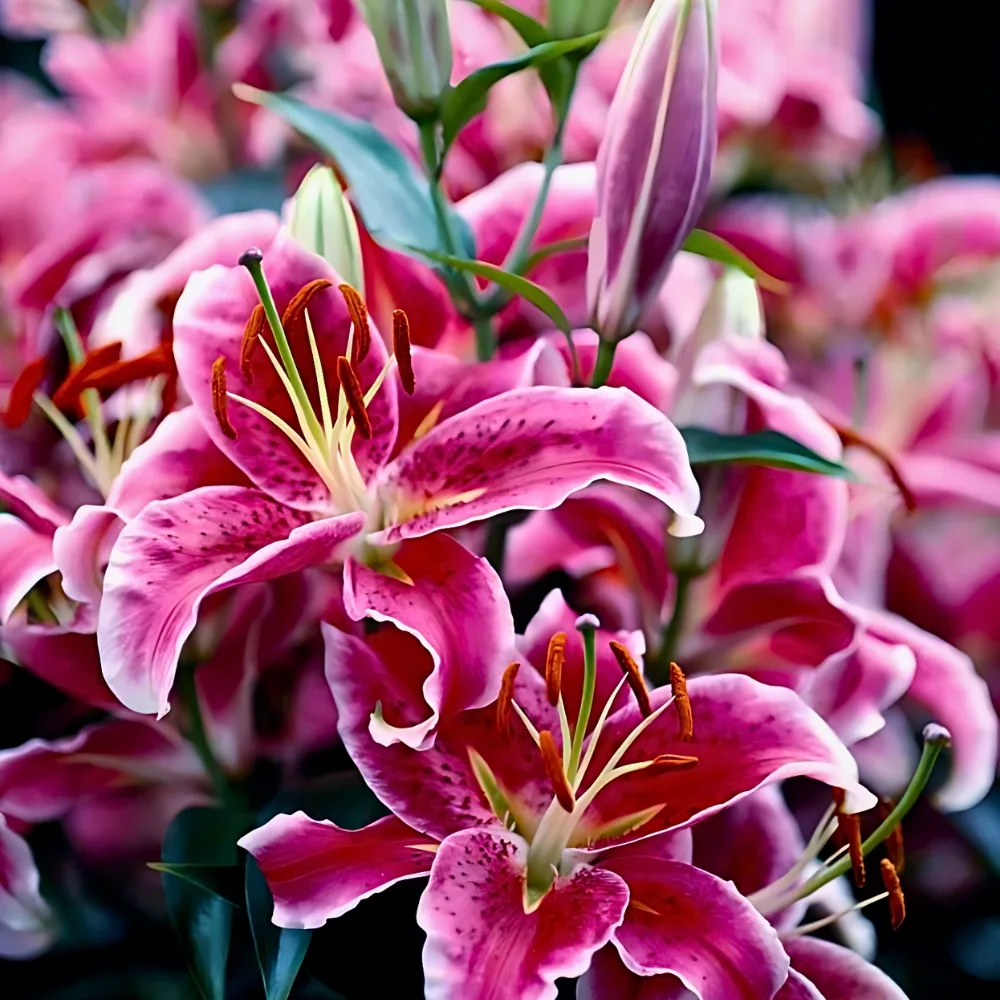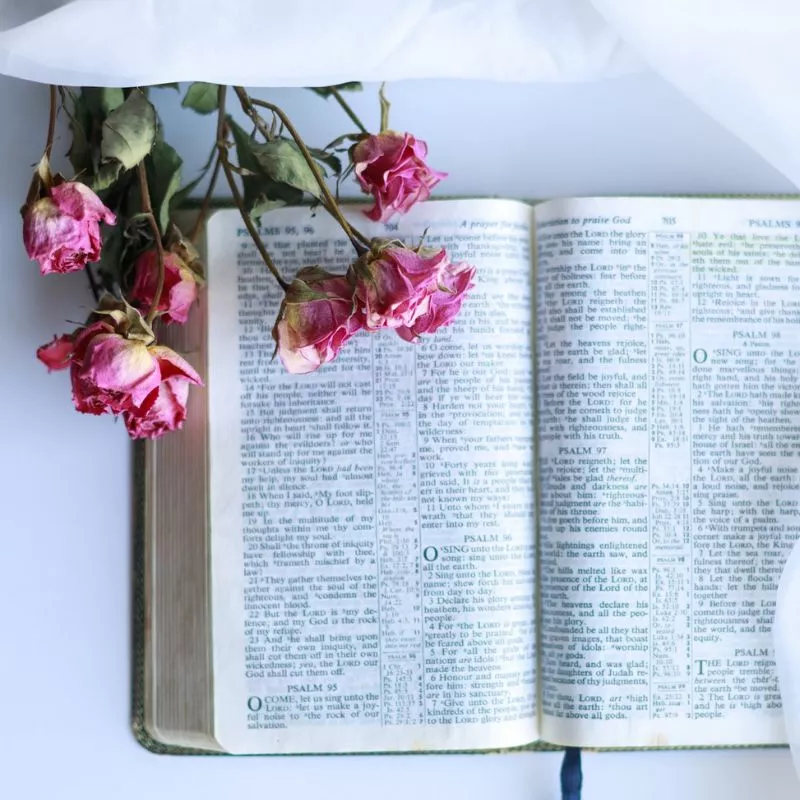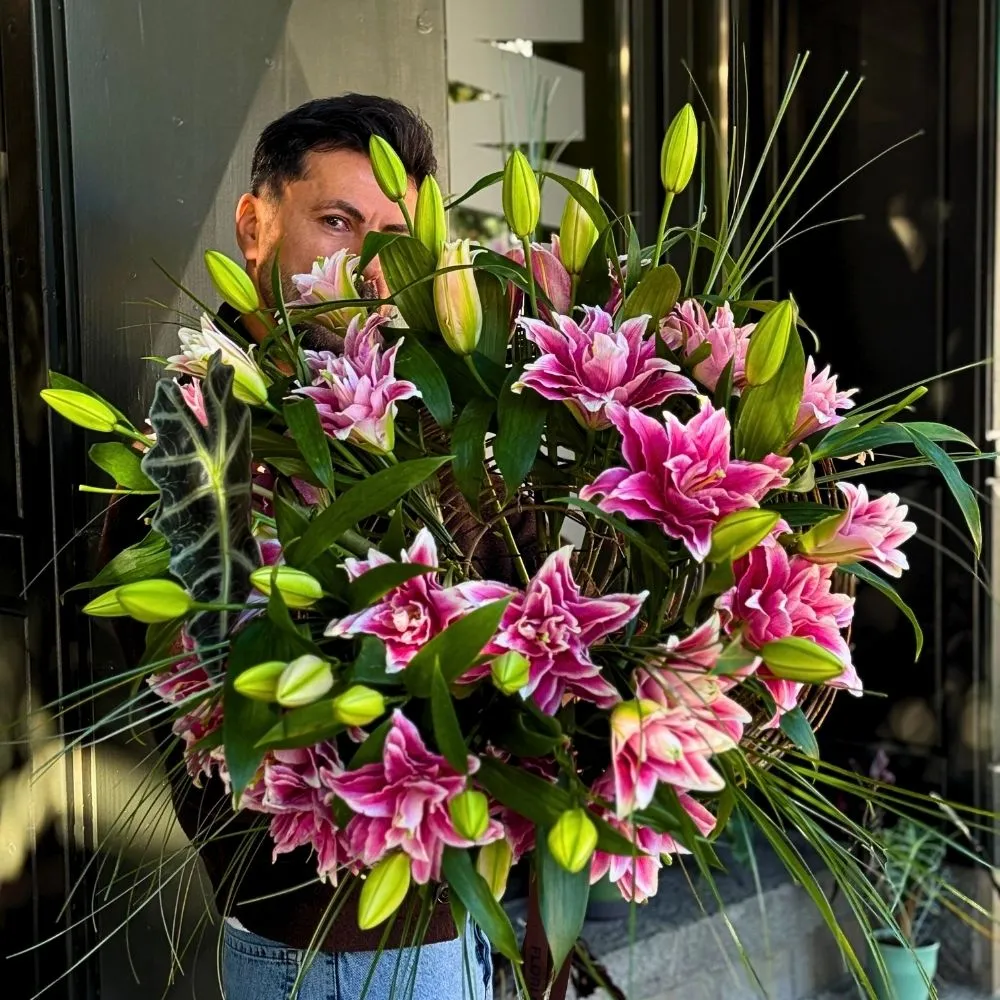What if you could buy the finest lilies and roselilies from the world's best growers throughout the whole year, for every occasion and festive holiday? Wouldn't that be a dream for any floral designer? Bulb grower and trader Zabo Plant provides lily growers everywhere with the right bulbs at the right moment, enabling them to. Zabo Plant's co-owner Jacob Langelaan tells how.
A project that has been running for a while, although it only seems like yesterday, is Valdivia Lilies in Chile. a joint venture with Dutch breeder Vletter & Den Haan. With this beautiful company, which Jacob will talk about, Zabo Plant is able to grow the perfect lily for growers worldwide for every important flower moment of the year. And that never gets boring.
Working in the Bulbs Industry
Jacob Langelaan is 54 years old and has been working with lily bulbs at Zabo Plant for nearly 30 years. Yet he feels he has only just begun. Growing the perfect bulb to grow beautiful lilies as cut flowers and pot plants is never boring. And the constant development of new varieties and surprising crosses never stops. "Never a dull moment", you might say.


Jacob has not only inherited a legacy but has significantly contributed to it. With roots deeply embedded in the flower bulb sector, his lineage traces back to the founding of a flower bulb company 120 years ago by his grandfather in North Holland—a bold move considering there was nothing there in that new bulb region and considering the established competition in the traditional and historic Bulb Region of South Holland.
Langelaan's initial foray into the professional world diverged from his family's path as he pursued a career in mechanical engineering within the agricultural sector. However, the call of the family trade proved irresistible when the invitation of a friend led him to join Zabo Plant. His journey with the company transformed from an employee to a co-owner, demonstrating his commitment and passion for the industry.
What does Jacob like so much about his profession?
Jacob:
"Gathering knowledge about a product and becoming a specialist in it, that's cool. I originally came from bulbs - tulips, daffodils, and crocuses - but at Zabo I had to learn a lot, especially about the different varieties. Many new lily varieties were brought onto the market at the time. There was really a kind of race going on. Anyone who could understand the characteristics and properties of the lily bulb could make the best choices. That is still the basis on which we distinguish trying to make."
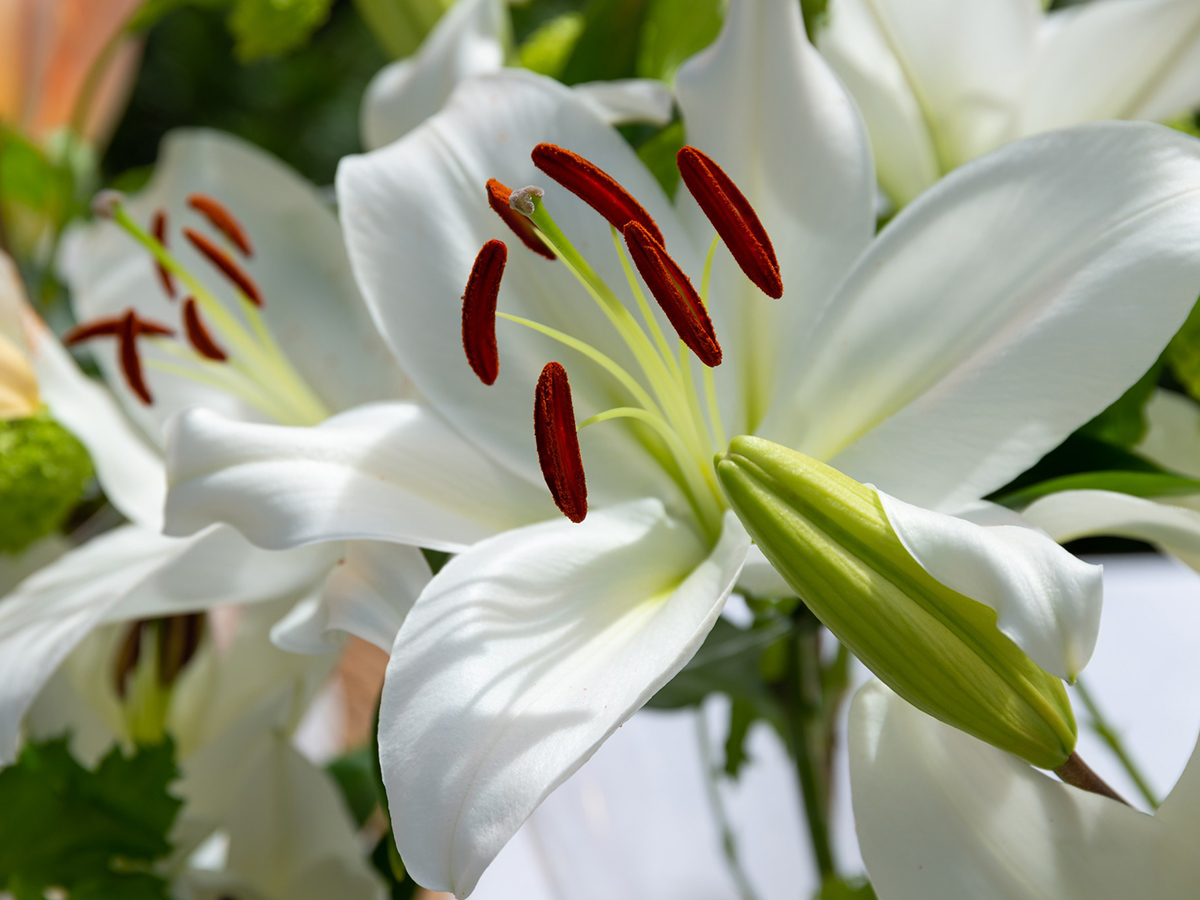
The Allure of Horticulture
For Langelaan, the allure of horticulture lies in the intricate balance between acquiring a deep knowledge of the product and mastering the nuances of various lily varieties. One has to become a real specialist in assessing lily bulbs for their performance. Would Jacob be able to see from the outside of the bulb whether it is a good bulb or not?
Jacob:
"To some extent, yes. You can see from the outside how the bulb is grown and propagated. You can see whether the bulb is firm. You have varieties that are easily damaged if you touch them too hard. Then they are more difficult to store and quality is therefore really lower. You can see how many roots the bulb has and whether the sprout behaves calmly during temperature fluctuations. We further test those bulbs by comparing them with other varieties all over the world. One variety does better in Vietnam in the summer, while the other variety performs better in Canada in the winter. The more varieties we assess, the more references we get to test new varieties against. We exchange a lot of that information with the original breeders, such as Gebr. Vletter & Den Haan, Mak Breeding, and De Looff. So as a propagator, we really feel like an extension of the breeder."
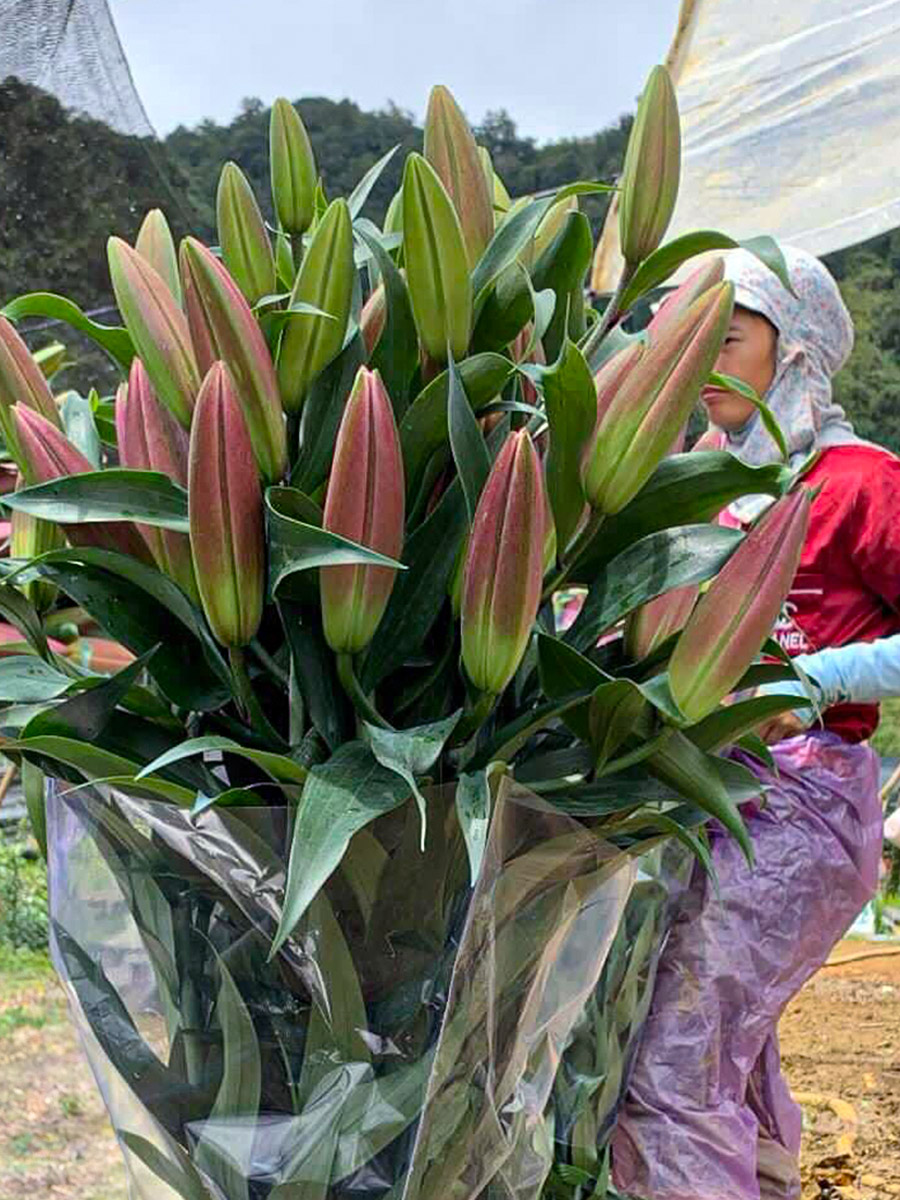
So, what are really top bulbs?
Jacob:
"A good bulb is one that performs optimally in our customer's greenhouse all year round. It can sell the flowers well and the grower is happy. We travel all over the world to advise growers about this, the climate in a greenhouse to measure and test different bulbs. That's a lot of fun work.
Purely in terms of bulb types, we have discovered that crosses of Orientals and Asian varieties with Longiflorums, such as Oriental Trumpets (OT lilies) and Asian Longis (LA lilies) do very well. These varieties have the properties that they are stronger and easier for the grower to grow.
For 10 years we have had the double lilies—the roselilies—which come from Oriental bulbs. In addition to the rich inflorescence, the roselily has the properties that it has no pollen and is less fragrant."
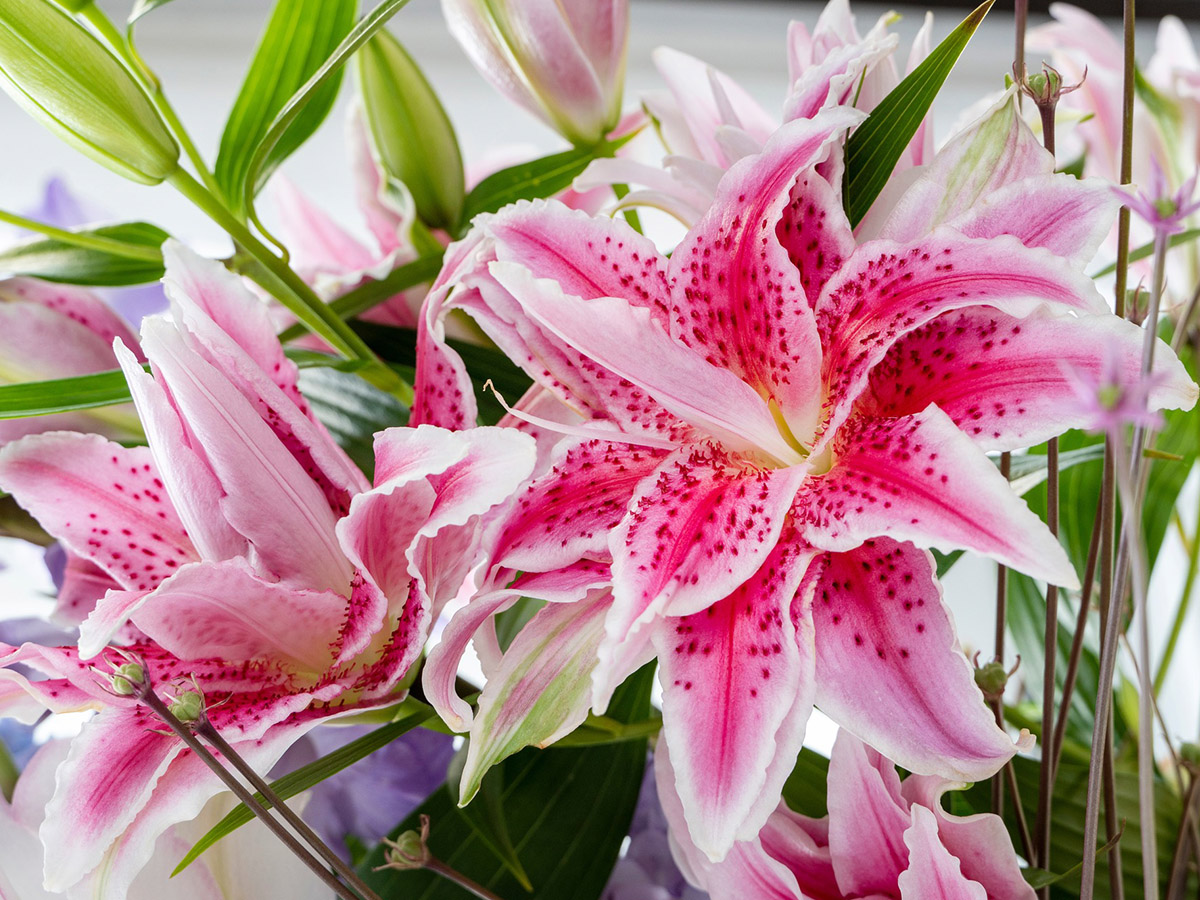
Choosing the Right Bulb
What does Zabo Plant do to help its growers make the right choice?
Jacob:
"We were the first flower bulb company to promote a brand. That was with the pot lily 'Lily Looks' from Wetering Potlilium with whom we have an exports partnership. With this, we helped the grower, who could market his products with a strong brand. We work with the retail chains entered into discussions to provide explanations and create demand on that side. Real branding was a completely new approach at the time. This made it easier for a grower to choose the right bulbs.
We achieved a lot with this and also gained experience that we could later use with the Roselily brand. Lily Looks and Roselily are still two important pillars of Zabo Plant."
Under Langelaan's leadership, Zabo Plant has not only focused on cultivation but has also pioneered in branding within the horticulture industry. The introduction of the 'Lily Looks' brand marked a significant shift in how growers market their products, providing them with a strong brand identity. This initiative was followed by the successful branding of the 'Roselily' label that was developed by breeder De Looff, further solidifying Zabo Plant's role as a market leader. These branding efforts have facilitated better choices for growers and created demand among retail chains, showcasing Zabo Plant's innovative approach to horticulture marketing.
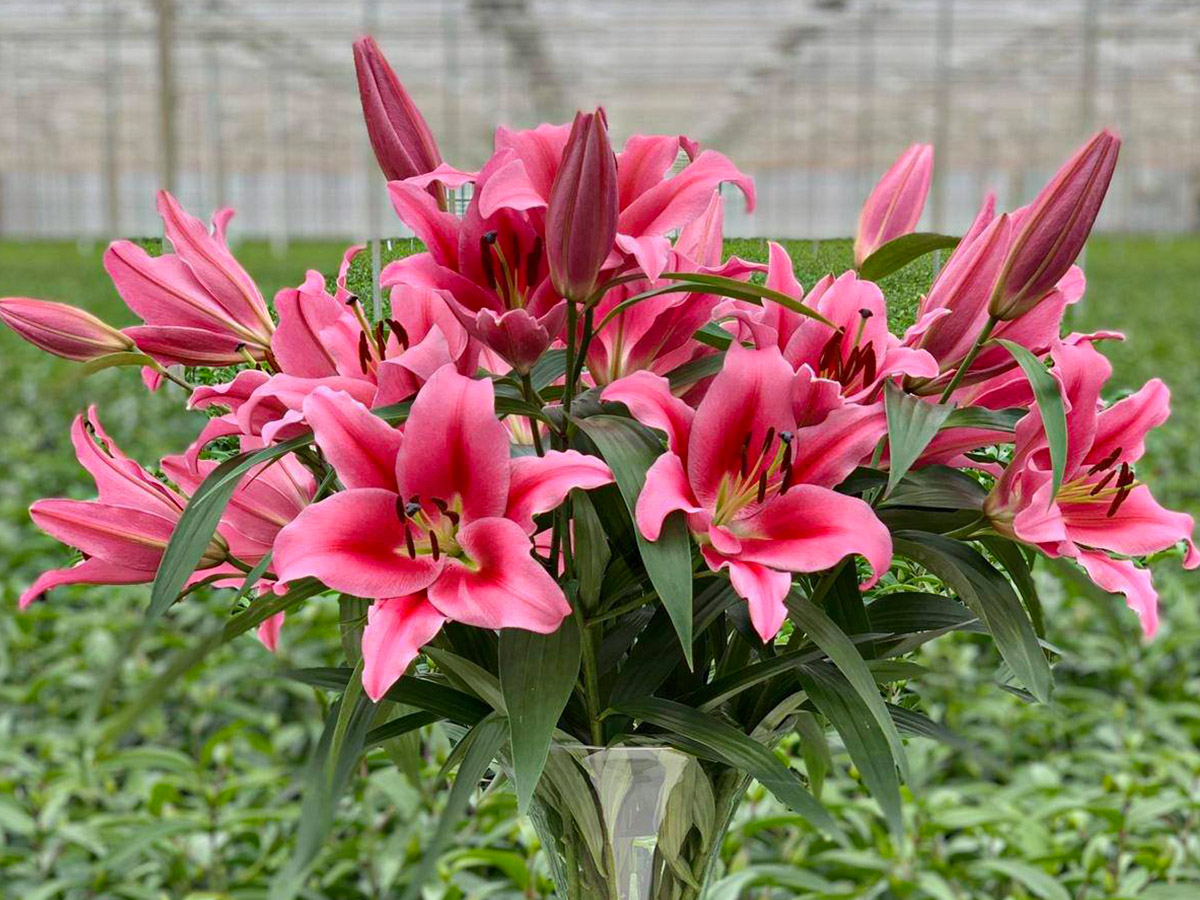
Valdivia: Lily Bulbs From Chile
Zabo Plant's innovation extends beyond the borders of the Netherlands, with the establishment of a joint venture called Valdivia Lilies in Chile 11 years ago. Why this nursery in Chile?
Jacob:
"Why Chile? The short explanation is: because we want to enable growers all over the world to grow lilies all year round.
The first fact is that the seasons between the Netherlands and Chile are exactly the opposite because they are both on completely opposite sides of the globe. When winter comes in the Netherlands, summer arrives in Chile.
The following fact is that a lily bulb is quite a smart thing. When it is November/December in the Netherlands, the bulb feels as if winter is coming. It then converts the starch in its scales into sugar. He stores that in the core of the bulb. That sugar is his fuel to survive the winter. Call it a 'hibernation'. We simulate this process in our cold rooms by storing them at around freezing temperatures. However, that sugar supply is not inexhaustible. Halfway through the storage season, when the first Dutch bulbs give up, we can switch to Chilean bulbs, so that we can always continue the supply of bulbs to growers.So, we ended up there after a long search in the southern hemisphere. With some ups and downs, we ended up in the Chilean region of Valdivia 11 years ago. There we have a nursery that we own together with breeder Gebr. Vletter & Den Haan. It has the perfect climatic location, close to large lakes and close to the sea.
Valdivia Lilies has now truly become a large and renowned company. Every year we harvest no less than 80 hectares of bulbs here that are guaranteed virus-free. And we're still learning every day, so those balls are only getting better."
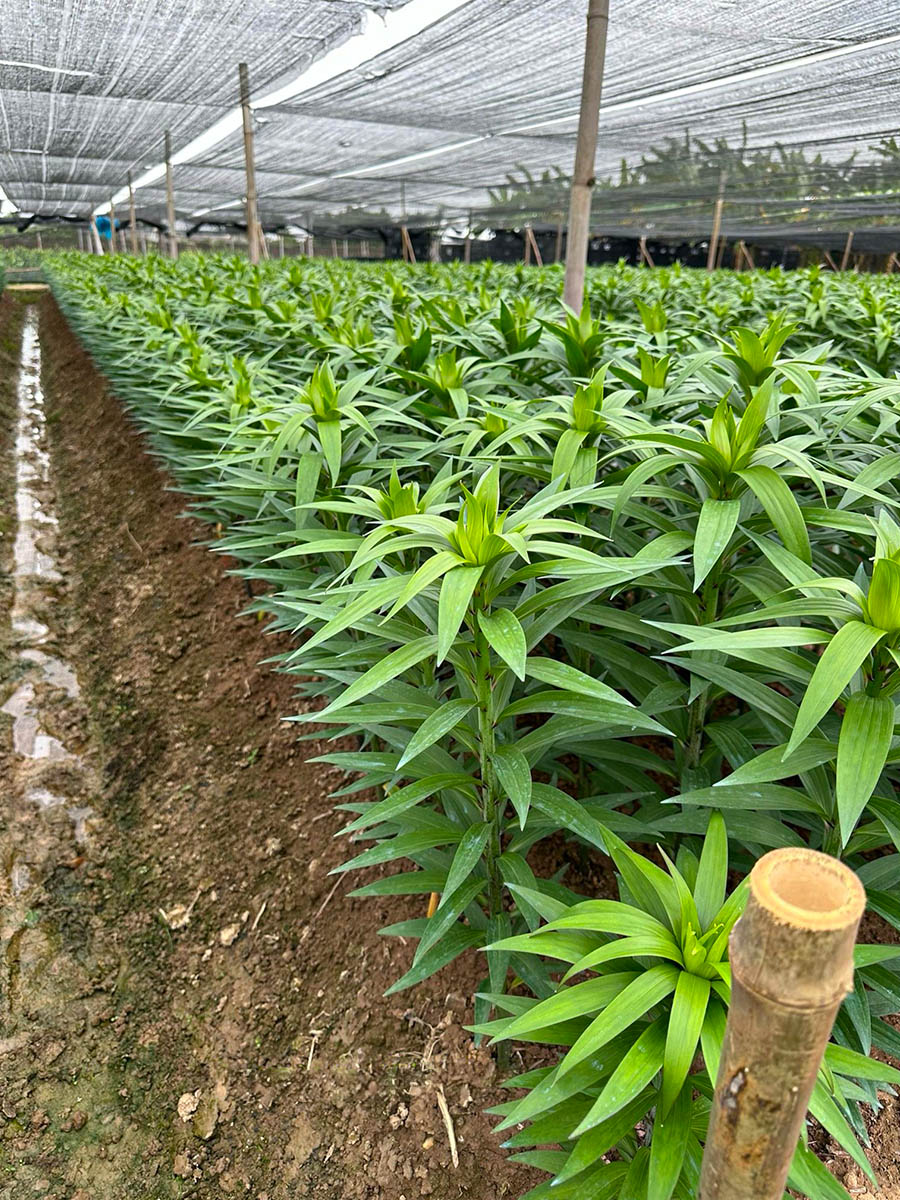
Lilies for Valentine's Day and International Women's Day
Those Chilean bulbs are available around June/July and are delivered worldwide, including many to America, Europe, Africa, and countries in Asia. In the Netherlands, where only a fraction of the bulbs go, this is for example to Bredefleur, Dutch Lily Masters, Qualily, and Double Check Lilies. They go into the ground there in October and are therefore perfect for cultivation towards Valentine's Day and International Women's Day.
Jacob:
"We always aimed at helping lily cut flower and plant growers to have their supply ready for every single holiday and festivity throughout the year. With both our nurseries opposite the planet we can surely do that."
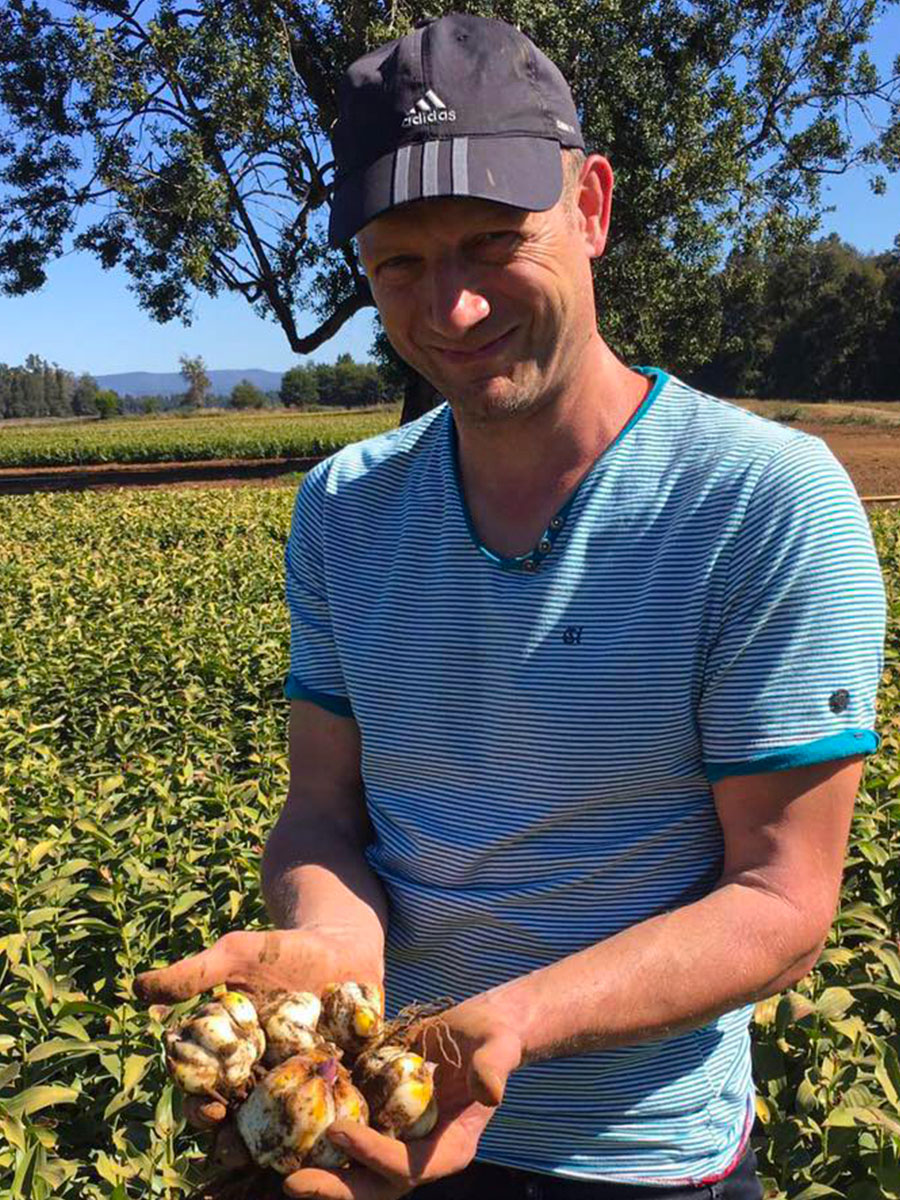
So, a strategic move enabled Zabo Plant to offer a year-round supply of lily bulbs to growers worldwide, catering to every significant floral occasion. The decision to cultivate bulbs in Chile is a response to the geographical and climatic advantages offered by the region, allowing for the offsetting of seasons with the Netherlands. This ensures a continuous supply of bulbs when Dutch bulbs are off-season, demonstrating Zabo Plant's commitment to meeting global demand efficiently.
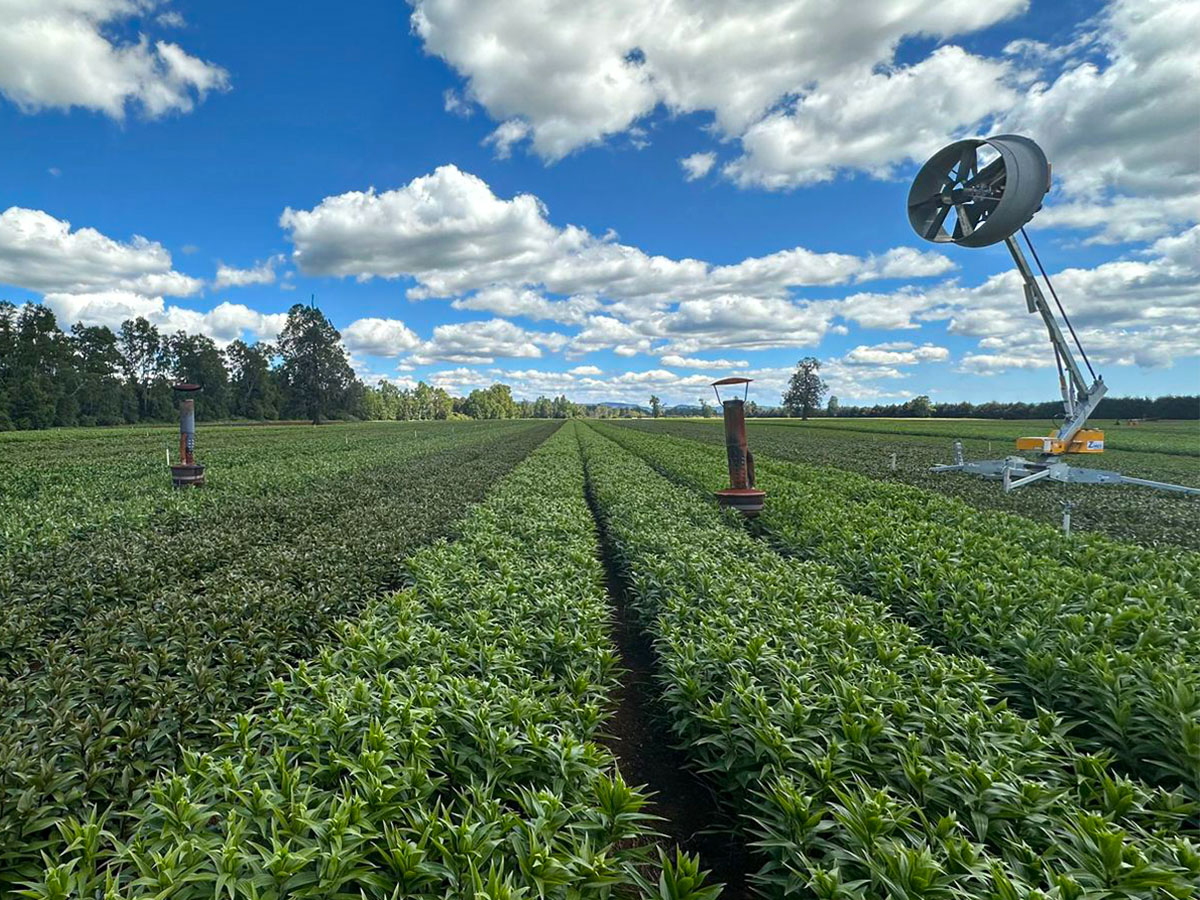
A Global Strategy
The journey of Zabo Plant together with the establishment of the joint venture Valdivia Lilies in Chile are emblematic of the company's dedication to excellence and innovation in the global horticulture industry. Through continuous development of new varieties, strategic global expansion, and pioneering branding initiatives, Zabo Plant has cemented its position as a leader in the global market for lily bulbs. The expertise, passion, and visionary leadership of Jacob and his associates continue to drive Zabo Plant towards new horizons in the quest for the perfect lily bulb, ensuring that for growers and enthusiasts around the world, the beauty of lilies remains within reach throughout the year.

